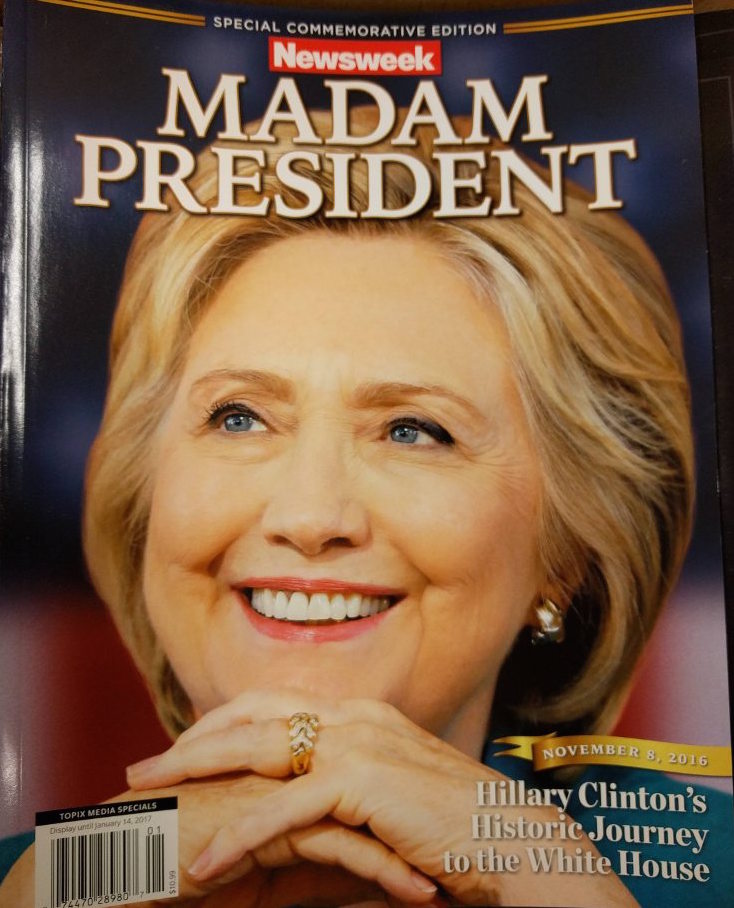The subtitle of Eric Schlosser’s latest work of investigative journalism, “Nuclear Weapons, the Damascus Accident, and the Illusion of Safety,” well captures the increasingly editorial arc of the book. Its centerpoint is a thriller-like recounting of the run-up to a non-nuclear 1980 explosion in Damascus, Arkansas; but the retelling of that event is interleaved with a long-form historical review of the design and implementation of America’s nuclear arsenal in the middle of the twentieth century. By degrees over its half-thousand pages the prose becomes increasingly critical of that history, culminating with the dramatic explosion at Damascus and the state of nuclear weapons in the United States after the end of the Cold War.
Based heavily on primary source documents and original interviews Schlosser himself conducted with weapons scientists and some of those involved in the Damascus accident, I find the actual text to be overlong and meandering. I would have preferred a more condensed and linear exposition, but reasonable people can disagree: Louis Menand wrote in his colorfully titled New Yorker review “Nukes of Hazard” that this suspenseful, achronological, and deeply personal narrative style is “how nonfiction should be written.” What we can agree on is that Schlosser convincingly argues that given the stunning degree of cognitive dissonance, bureaucratic impenetrability, and sheer number of nearly catastrophic nuclear accidents that have happened over the years, it’s truly a wonder that the last large-casualty nuclear event was deliberate, during wartime, and more than 70 years ago.

:format(webp)/cdn.vox-cdn.com/uploads/chorus_image/image/55213103/486234028.0.jpg)





